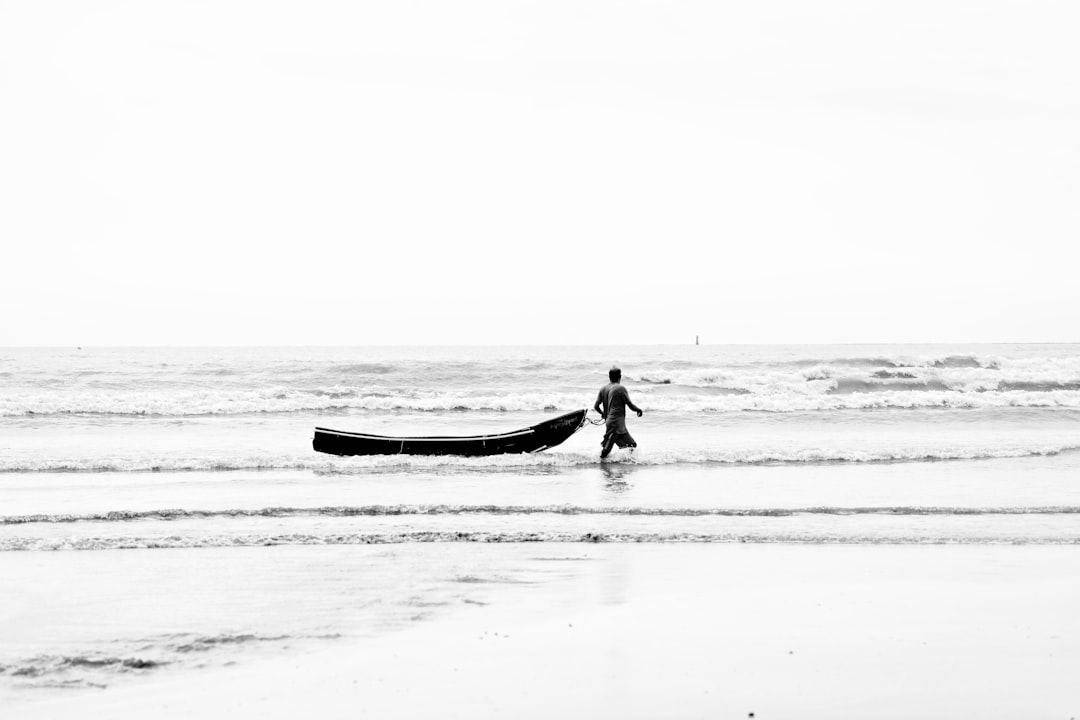What is it about?
In his History of Oncology ( (2009), D. J. T. Wagener has written : « Various theories naming infection as the cause of cancer have appeared in the literature. Amatus Lusitanus (1511-1568) in Lisbon and Deniel Sennert (1572-1637), professor of Medicine at the University of Wittenberg, were the first to claim that cancer was infectious". Wagner has confused Amatus Lusitanus with another Lusitanus: the physician Abraham Zacuth, also born in Lisbon (1575-1642), who studied in Salamanca and Coimbra, and had to move, as a Jew, in Amsterdam. His History of the main physicians ( De medicorum principium historia, l629-1642) has a chapter on contagious diseases or "struma": ringworm, scabies, syphilis or elephantiasis - associated with cancer by Galen in the Method of Medicine to Glaucon. This is due to the "slow and perverse vapour they spread". Zacuth refers to the Byzantine Paul of Aegina (7th c.) and to Avicenna's Canon (11th c.). Zacuth announces tahthe will deal with this question: "Why an ulcerated cancer could not be remotely contagious, against what Cardan asserts?". He considers it in his Medical Practice (1634), where the obs. 115 is entitled "An ulcerated cancer is a contagious disease". The development and history of the idea has been considered in: Daniel Droixhe (2020): Tracing tradition. The idea of cancerous contagiousness from Renaissance to Enlightenment, History of European Ideas, DOI:10.1080/01916599.2020.1742451.
Featured Image

Photo by Rebekah Vos on Unsplash
Why is it important?
The history of oncology in early modern times has produced many new researches during last decade, but they remain too scattered and separated by language and cultural barriers, when they the ancient observations, facts and opinions about cancer are not considered as anecdotal or trivial. Must be mentioned publications by J. Demaitre, S. I. Hajdu, R. Jütte, M. Kaartinen, G. B. Faguet, A. Skuse, D. Bertoloni Meli, M. Stolberg and especially J. Rouëssé's Histoire du cancer en Occident (2011). See: Daniel Droixhe, Variations textuelles sur le squirrhe : traduire Galien en français de 1530 à 1570, BibNum, Fondation Maison des Sciences de l'Hommehttps. Retrieved from http://www.bibnum.education.fr/sites/default/files/2021-galien-droixhe-v2.pdf
Perspectives
The challenge between the contagious theory and the hereditary theory of cancerous transmission in eraly modern time will be my personal project of research.
Daniel Droixhe
Universite Libre de Bruxelles
Read the Original
This page is a summary of: Transmission et tribulations.Sur l’historiographie de la contagion cancéreuse à la Renaissance, Revue de Synthèse, November 2021, Brill,
DOI: 10.1163/19552343-14000068.
You can read the full text:
Contributors
The following have contributed to this page










